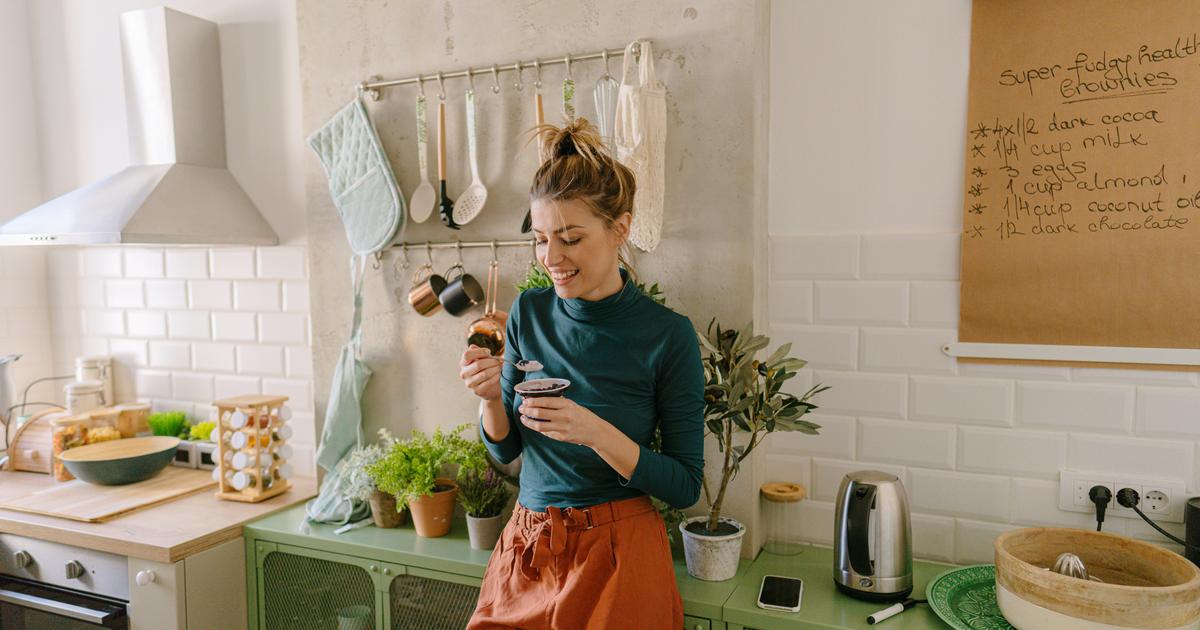Aleksandar Nakic/Getty Images
In a video posted on her Instagram account, Claire Trommenschlager, dietician, gives three tips to stop snacking between meals, without getting frustrated.
Everyone has already fallen for a piece of chocolate or a packet of chips between two meals. And so far, so good. But when this snacking becomes automatic and too regular, it can damage our nutritional balance. To avoid, Claire Trommenschlager, dietitian and author of the book Happy Dieting gives three ways to explore to question their eating behaviors and modify them. He summarizes them in a video published on his Instagram account Claire.happydiet February 14.
Also readHow ultra-processed food gradually eats the brain
Eat well
“Have you eaten enough?” Here is the first question to ask yourself according to the specialist. Enjoying too much in the different meals of the day and then compensating with snacking is useless and counterproductive if you want to adopt a healthy diet, they warn. The content of a nutritious and satisfying dish consists of “vegetables, proteins, starchy foods”, he recalls. And this at every meal. The professional also reminds that there is nothing to eliminate starchy foods in the evening.
” data-script=”https://static.lefigaro.fr/widget-video/short-ttl/video/index.js” >
Beware of small snacks
Second clue: “Do you take the time to eat without feeling guilty?” Here, the dietitian invites us to fully embrace our desires, instead of popping them while standing in front of the fridge. “Prepare yourself a bowl with a hot drink, a nutritious element such as cottage cheese, skyr and / or fruit, then add your favorite food (cake, chocolate, etc.). And here, sit down, and you like it!” advises the specialist. Enjoy every bite, don’t limit yourself in advance and have fun, these are the essential elements to avoid any frustration. “You eat consciously, and when the pleasure decreases, stop,” he says. If we do this every evening, our snacking urges should decrease.
Also readAre you still snacking in the office? 5 things to change in your life
Also readThree exercises to stop snacking when you’re stressed or depressed
Identify what is missing
Finally, the dietitian reports that snacking is often driven by the need to fill a gap. Fatigue, boredom, stress, lack of attention… It is therefore important to identify what we are trying to fill and try to fill it. Claire Trommenschlager advises, for example, to rest if you are tired, or to prioritize a relaxing activity, such as sports, if you are stressed. “Whatever your feelings, food is not really the answer,” he concludes.
” data-script=”https://static.lefigaro.fr/widget-video/short-ttl/video/index.js” >

